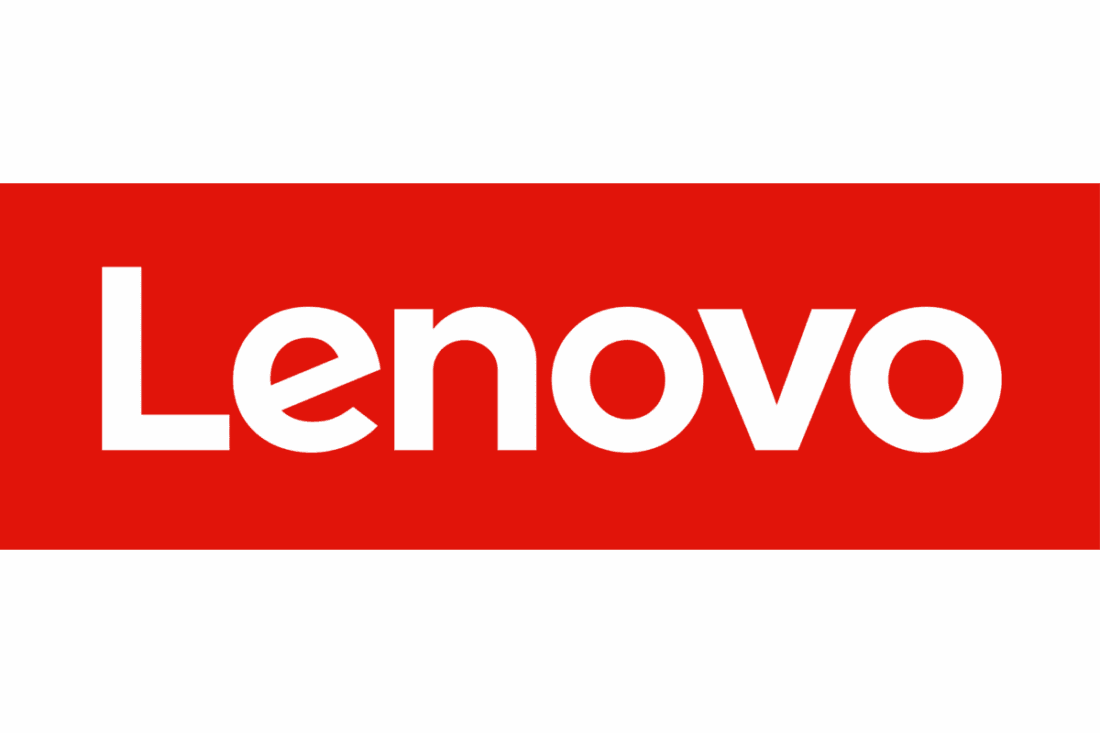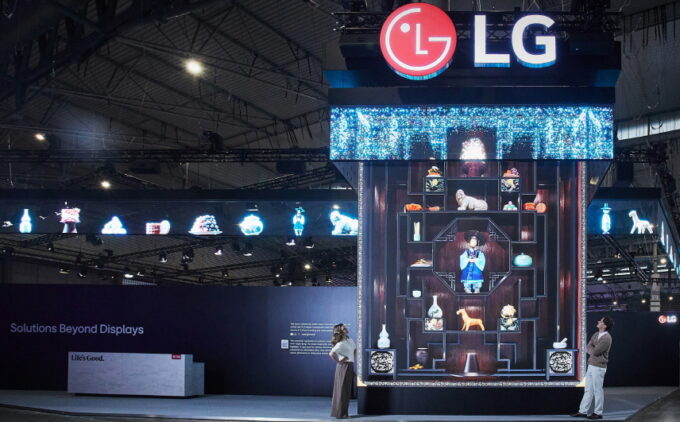Lenovo is holding larger memory supplies to manage rising demand for AI capable PCs. The company is also securing long term chip agreements to avoid supply gaps in the coming years. This approach helps Lenovo plan its production better during a time when chip availability can shift due to higher needs from data centers and device makers.
AI focused features in new laptops need more memory and stable chip access. With this move Lenovo aims to stay ready for changing customer needs while also keeping its product schedules steady. The company expects AI related use cases to grow in both consumer and business devices so it wants to avoid delays caused by tight component supply. Locking in chip supply early also helps Lenovo manage costs better and reduce last minute risks linked to global supply chains.
This strategy gives Lenovo more control over its production plan during a period where many tech companies are adjusting to new AI workloads. It also shows how PC makers are preparing for the next wave of AI driven hardware demand.

















Leave a comment